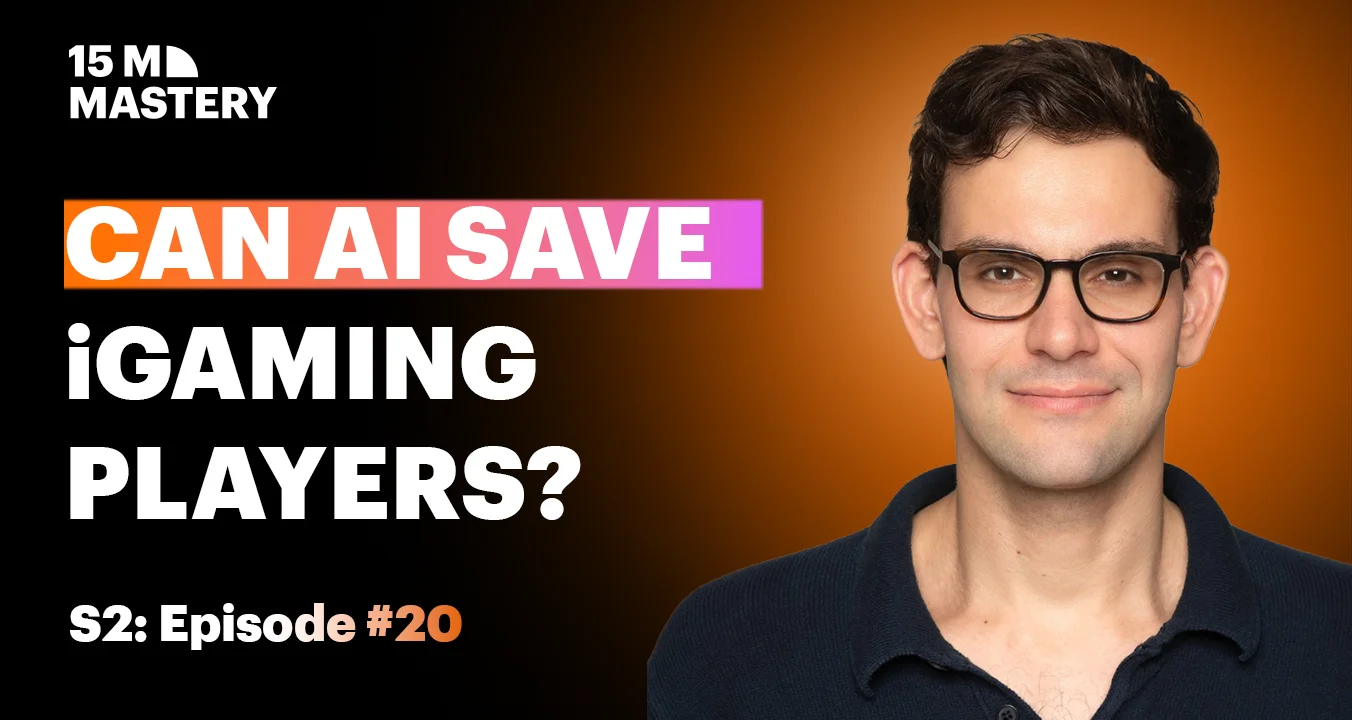Building Better Support Systems: How Cross-Sector Partnerships Are Changing Responsible Gambling in the US
Why Operators and Health Providers Must Join Forces
Access to care starts with awareness. Rappaport highlights a core issue: “People may realise they—or someone close to them—has a gambling problem, but they don’t know what to do next.” Even those ready to seek help often aren’t aware that insurance-covered, specialist treatment is available virtually.
That’s where collaboration with operators becomes crucial. When treatment resources are embedded directly into betting platforms, users are more likely to find and use them. “We want to be visible, not buried several clicks away,” Rappaport says. “Problem gambling resources should be front and centre.”
By integrating care pathways into platforms themselves, these partnerships help deliver timely, certified treatment, especially to those in crisis.
The Role of State Health Departments in Scaling Access
Partnering with state-level organisations might seem bureaucratic, but it’s central to Birches approach. The company collaborates with state problem gambling councils, departments of health, and gaming regulators.
Rappaport stresses that these public-private partnerships are designed for speed and sustainability: “They’re crucial to increasing access to fast and insurance-covered support.”
The model often involves three parties: a clinical provider, a gaming operator, and a state body. This alignment allows incentives to be shared and ensures treatment is both accessible and financially viable.
Sports Leagues Are Cultural Gatekeepers—And Catalysts for Change
Professional sports leagues have long shaped American cultural trends. Their embrace of gambling partnerships post-PASPA has significantly influenced public attitudes. But now, the leagues are shifting their focus.
“They’re becoming more proactive in protecting consumers,” Rappaport explains. With their platforms and visibility, leagues can drive awareness of responsible gambling and support access to care in a way few other institutions can.
Top-Down Meets Bottom-Up: Community Ambassadors Still Matter
While large leagues provide reach, local voices build trust. Rappaport believes that sustainable change comes from combining both approaches. “It needs to be a top-down and a bottoms-up strategy,” he notes.
Birches Health works with both national organisations and grassroots groups. The goal is to ensure that no matter where someone lives, or how they gamble, they can access the right support.
Betting Platforms as Gateways to Help
Operators themselves are becoming more active in supporting responsible gambling. Birches Health focuses on building strong private-private partnerships with them. These relationships allow direct referral pathways from platforms to care services.
“We want people in crisis to get the help they need quickly,” Rappaport says. That includes placing resources prominently on operator websites and ensuring users don’t have to leave the platform to find help.
The shift towards in-platform support signals a maturing industry—one that acknowledges its duty to protect consumers.
Meeting Gamblers Where They Are—Online
As gambling shifts from physical casinos to smartphones, responsible gambling must evolve too. “We’re speaking to people who’ve never walked into a casino. They’re betting from their phones,” Rappaport explains.
That means digital solutions are essential. Birches Health offers a fully virtual clinical programme that’s insurance-covered and accessible from home. This model makes treatment both scalable and sustainable.
Funding That Supports, Not Stifles
For care to be effective, it must also be affordable. Birches Health secures funding from major insurance providers and state governments. According to Rappaport, most patients now access treatment at little to no out-of-pocket cost.
“We’ve focused heavily on going in-network and working with state departments,” he says. This approach enables long-term support, not just one-off interventions.
Real Partnerships, Real Progress
The future of responsible gambling in the US depends on cooperation. From government departments to betting apps and sports leagues, each player has a role to play.
“We’re all in this ecosystem together,” Rappaport reminds us. By embedding support systems across the digital landscape, Birches Health is proving that when sectors collaborate, lives can be changed.


